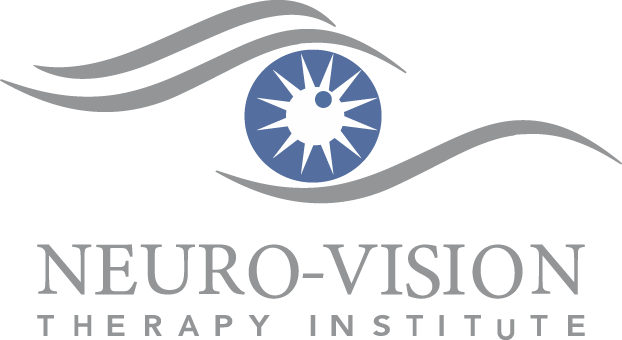What is Developmental Optometry?
Developmental Optometrists, sometimes referred to as behavioral optometrists or functional optometrists, offer specialized care for patients with visual dysfunctions. Developmental Optometrists are unique from primary care optometrists, who primarily assess a patient’s need for glasses or contact lenses, as well as check the basic health of the eye. A Developmental Optometrist offers the same services as a primary care optometrist while also ensuring a patients’ quality of life is not being impacted by any visual limitations or binocular vision dysfunctions. When these commonly overlooked limitations or dysfunctions exist, they can disrupt performance in school, athletics, or work performance.
Who is Helped by Developmental Optometry?
Developmental optometry can help both children AND adults. Thanks to recent research regarding the brain’s level of neuroplasticity throughout adulthood, it is now empirically supported more than ever that patients of ALL ages can be helped. We encourage all of our patients to reach out as soon as possible if they suspect a vision concern. Early intervention can help prevent academic setbacks in children and help our adult patients on the road to recovery so they can get back to living and enjoying life.
Visual system dysfunctions may present as or correlate with other reading and learning issues including:
- Dyslexia or Dysgraphia
- ADD/ADHD
- 2E (twice exceptional)
- Auditory Processing Disorder
- Learning or Behavioral Issues
Considering that over 80% of sensory processing within the brain is through the visual system, there is often an overlap between visual challenges and other reading and learning or behavioral challenges your child may be struggling with. Furthermore, many patients find that improvement in visual skills can have a huge impact on sports performance!
In summary, developmental optometry utilizes specialized testing, tools, equipment, and a functional approach to vision to help you or your child live, learn, and work to their fullest potential. We emphasize binocular vision function (how the two eyes work together) and visual information processing (how our brains sense and process visual information) which sets us apart from other providers.
What to Look for When Choosing a Developmental Optometrist in Denver:
You will notice the difference between us and a traditional optometrist the moment you step in the door. Our evaluation process begins with an extensive understanding of you or your child’s current vision, particularly regarding visual symptoms and concerns. Next, our doctors will perform a Neuro-Vision Evaluation designed to fully assess the visual system from a functional perspective, while examining over twenty different visual skills related to reading and learning, work performance, and general daily-life visual demands. We will not only cover a traditional eye exam, our doctors will also assess the visual system’s ability regarding tracking, eye-teaming, focusing, depth perception, and peripheral vision amongst other skills. This full and comprehensive assessment is what allows us to help you take you or your child’s vision above and beyond 20/20 vision.
When selecting a Developmental Optometrist in and around Denver, Colorado, we strongly recommend looking for board certifications through highly reputable organizations like the College of Optometrists in Vision Development (COVD) and the American Academy of Optometrists (AAO).

